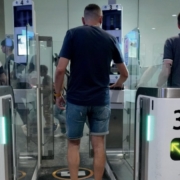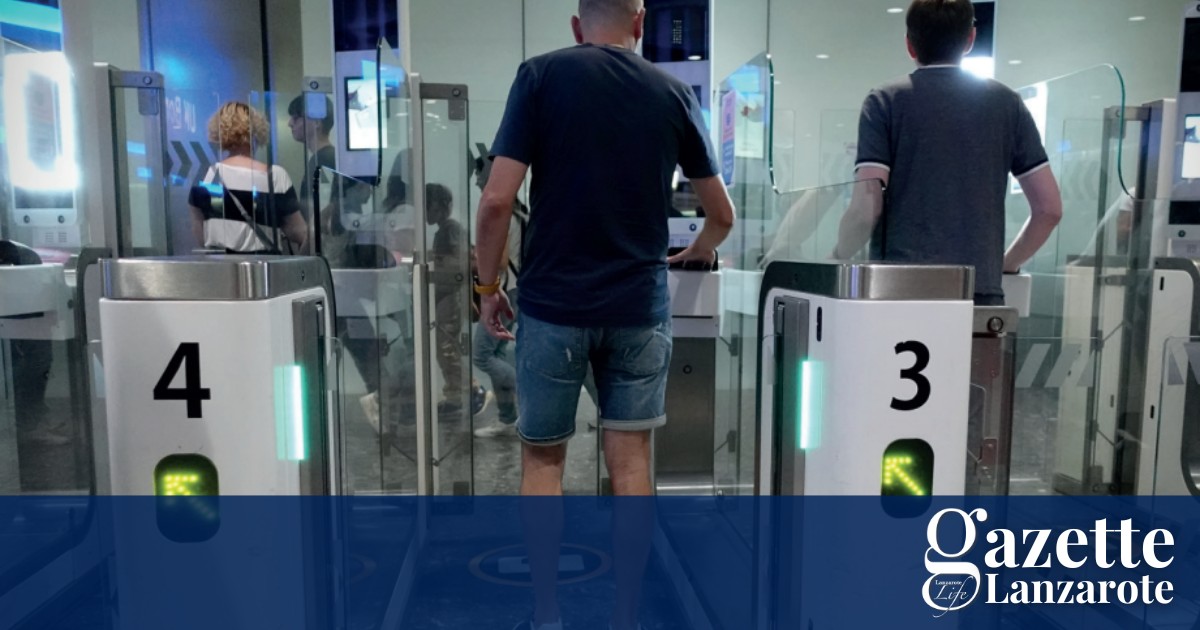The launch dates are firming up for the introduction of the EES and ETIAS schemes, which will change things for non-EU citizens entering Spain, including Lanzarote’s most important market, the British.
The European Commission recently announced an increase in the charge for the ETIAS scheme from €7 to €20, making it slightly more expensive than the equivalent ETA scheme which requires that all non-UK citizens must pay £16 to enter the UK.
Right now, there’s no need to do anything, but here’s how things will change:
EES
This is an automated Entry/Exit Scheme that will replace passport stamping and is due to be introduced in October. Once introduced, it will require all non-EU travellers to submit fingerprints and facial scans for ID purposes. This will be carried out at airports by specialised scanning machines, so don’t worry about ink pads and stained fingers.
There’s no charge, but the EU has warned of the possibility of longer waiting times at airports while the system gets off the ground.
ETIAS
ETIAS stands for European Travel Information and Authorisation System and is a visa waiver system for non-EU nationals. It will be introduced in the last quarter of 2026, so there is no need to do anything about it just now.
When it is introduced, non-EU members will have to fill in details online or via an app and pay a fee of €20 before they will be allowed to enter the Schengen area. It is likely that airlines will check this on departure, rather than permit passengers to fly to destinations they may be turned away from.
If you are a British citizen registered as a resident in Spain, you will be exempt from the scheme as long as you are travelling to Spain (and are carrying proof of residency such as a TIE card). You will also be exempt if you are travelling to other countries in the Schengen area for short stays of fewer than 90 days in a 180-day period.
In fact, the ETIAS scheme only applies to short stays. The “90 Day Rule” that has prevented many British holiday homeowners from fully enjoying their properties will remain unchanged by the scheme.
Ireland is not a part of the Schengen zone, so non-EU passengers will not require an ETIAS when visiting that country. As EU members, Irish travellers will also be exempt from ETIAS requirements.











Leave a Reply
Want to join the discussion?Feel free to contribute!